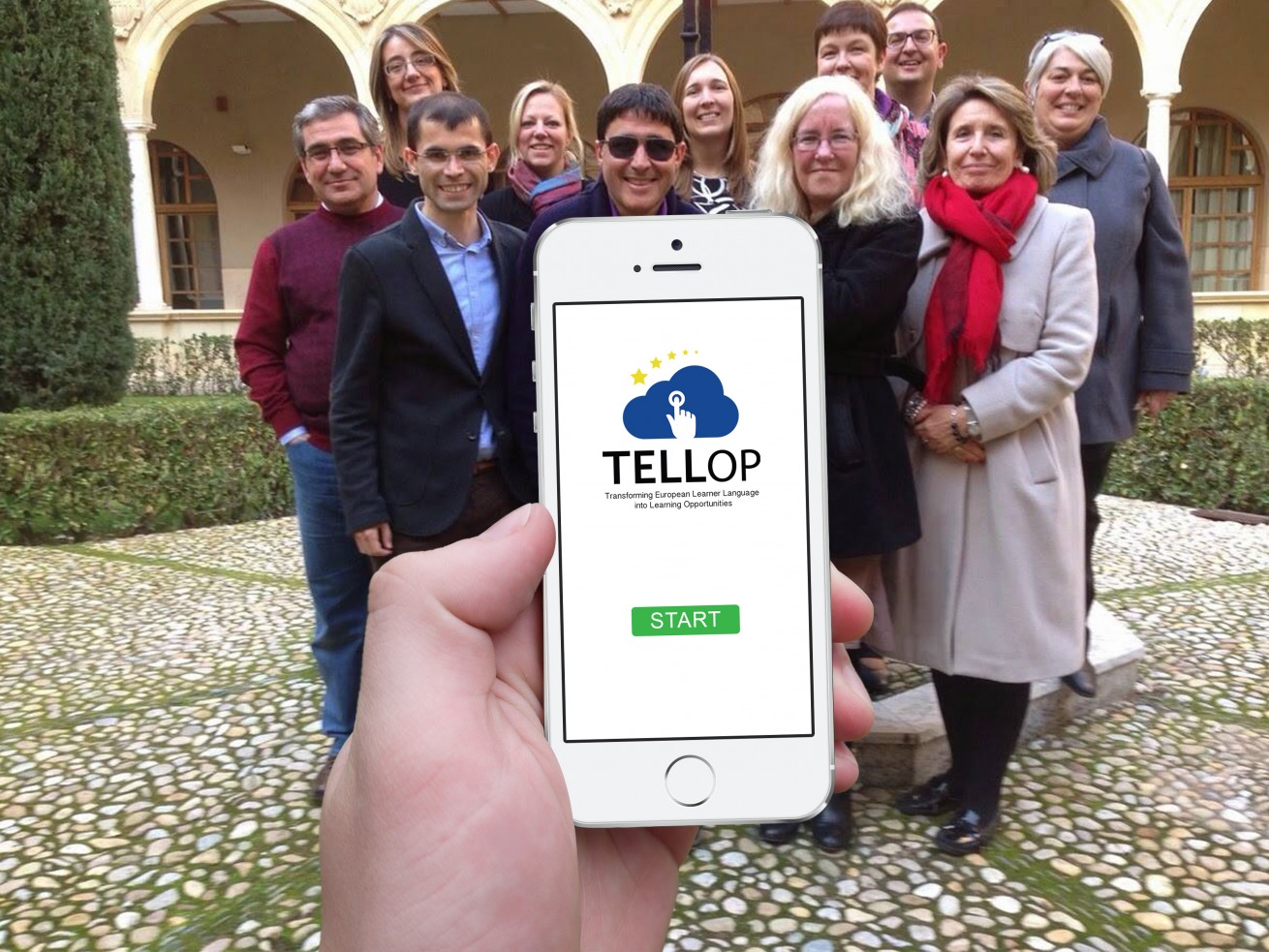TELL-OP
Transforming European Learner Language into Learning Opportunities
Transforming European Learner Language into Learning Opportunities

The European Space of Higher Education (HE) and the Common European Framework of Reference (CEFR; Council of Europe 2009) demand new teaching and learning methodologies that promote more active participation of the language learner. Learning is increasingly turning into a learner-centered process where the needs of the learners are catered for, and the teacher, if any, acts as a guide or facilitator while students become proactive subjects (Pérez-Paredes & Sánchez Tornel 2009). Besides, learning can happen anywhere, anytime. This “new” mobile learning is increasingly popular, and a cost-effective way to meet the needs of masses of people (Kinshuk, Huang & Ronghuai 2015).
This page is under construction!
How can adult learners personalize their learning by using their own learner language output (i.e. their own texts and their own voices) to further acquire language skills? How can learners take advantage of their own mobile devices to input their own learner language and gain further communicative proficiency? Can we personalize language learning by taking advantage of Natural Language Processing (NLP) services and technologies already available? How can adult learners use their critical thinking, analysis & awareness skills (Aguado-Jiménez, Pérez-Paredes & Sánchez 2012) to improve their communicative competence (Pérez-Paredes 2010) across different CEFR levels by using these open educational resources (OER) tools? In doing so, we aim at maximizing the role of learner language by promoting good practices in using these OERs in personalized language leaning contexts and thus contribute to the modernization of the HE systems in the EU and a more widespread use of innovative OERs and learning designs (Conole, 2013) that include not only English but also other EU languages that can serve as the basis for a more widespread use of these ICTs.
Departamento de Filología Inglesa
Departamento de Ingenieria de la Informacion y las Comunicaciones
Departamento de Filología Inglesa
Information Center for Foreign Language Research
Facultat de Traducció i d’Interpretació
Departement fuer Paedagogisch-therapeutische Berufe, Bereich Gebaerdensprachdomlmetschen